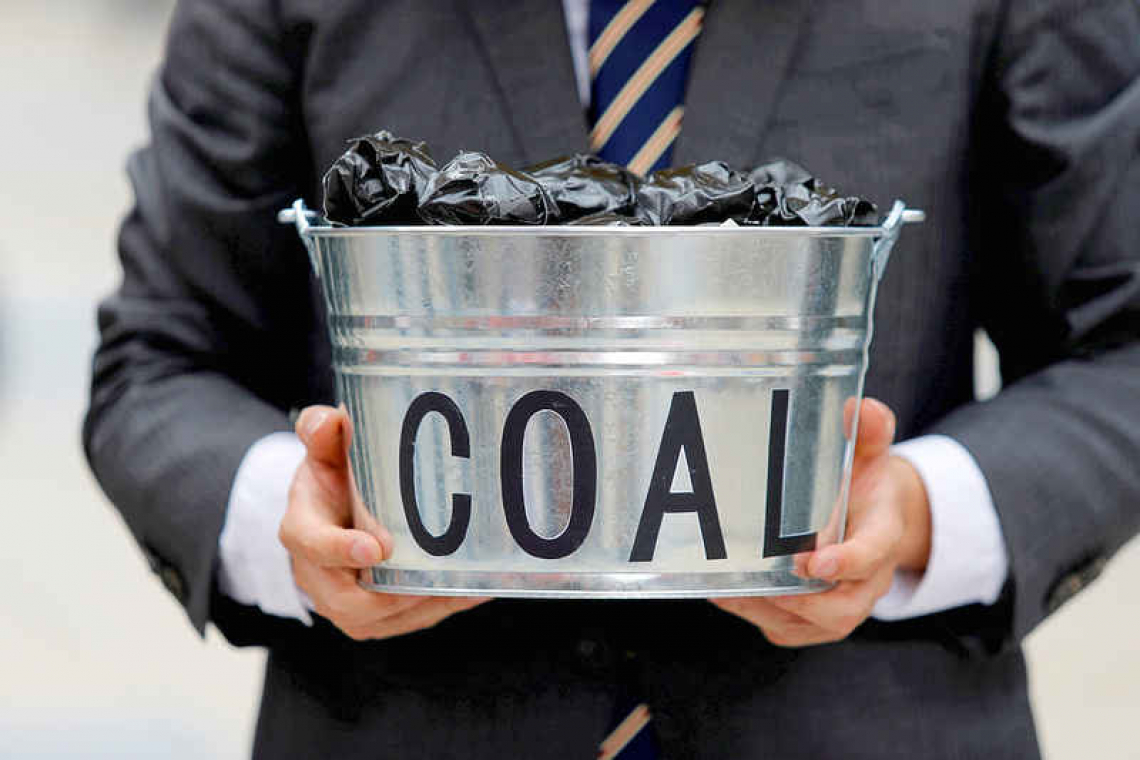LONDON/MELBOURNE--Financial firms including British insurer Prudential, lenders Citi and HSBC and BlackRock Real Assets are devising plans to speed the closure of Asia's coal-fired power plants in order to lower the biggest source of carbon emissions, five people with knowledge of the initiative said.
The novel proposal, which is being driven by the Asian Development Bank, offers a potentially workable model and early talks with Asian governments and multilateral banks are promising, the sources told Reuters.
The group plans to create public-private partnerships to buy out the plants and wind them down within 15 years, far sooner than their usual life, giving workers time to retire or find new jobs and allowing countries to shift to renewable energy sources. It aims to have a model ready for the COP26 climate conference which is being held in Glasgow, Scotland in November.
"The private sector has great ideas on how to address climate change and we are bridging the gap between them and the official-sector actors," ADB Vice President Ahmed M. Saeed said.
The initiative comes as commercial and development banks, under pressure from large investors, pull back from financing new power plants in order to meet climate targets. Saeed said that a first purchase under the proposed scheme, which will comprise a mix of equity, debt and concessional finance, could come as soon as next year.
"If you can come up with an orderly way to replace those plants sooner and retire them sooner, but not overnight, that opens up a more predictable, massively bigger space for renewables," Donald Kanak, chairman of Prudential's Insurance Growth Markets, who came up with the idea, told Reuters.
Coal-fired power accounts for about a fifth of the world's greenhouse gas emissions, making it the biggest polluter. The proposed mechanism entails raising low cost, blended finance which would be used for a carbon reduction facility, while a separate facility would fund renewable incentives. HSBC declined to comment on the plan.
Finding a way for developing nations in Asia, which has the world's newest fleet of coal plants and more under construction, to make the most of the billions already spent and switch to renewables has proved a major challenge. The International Energy Agency expects global coal demand to rise 4.5% in 2021, with Asia making up 80% of that growth.
Meanwhile, the International Panel on Climate Change (IPCC) is calling for a drop in coal-fired electricity from 38% to 9% of global generation by 2030 and to 0.6% by 2050.
The proposed carbon reduction facility would buy and operate coal-fired power plants, at a lower cost of capital than is available to commercial plants, allowing them to run at a wider margin but for less time in order to generate similar returns. The cash flow would repay debt and investors.
The other facility would be used to jump start investments in renewables and storage to take over the energy load from the plants as it grows, attracting finance on its own. The model is already familiar to infrastructure investors who rely on blended finance in so-called public-private deals, backed by government-financed institutions.
In this case, development banks would take the biggest risk by agreeing to take first loss as holders of junior debt as well as accepting a lower return, according to the proposal. "To make this viable on more than one or two plants, you've got to get private investors," Michael Paulus, head of Citi's Asia-Pacific public sector group, who is involved in the initiative, told Reuters. "There are some who are interested but they are not going to do it for free. They may not need a normal return of 10-12%, they may do it for less. But they are not going to accept 1 or 2%. We are trying to figure out some way to make this work."







